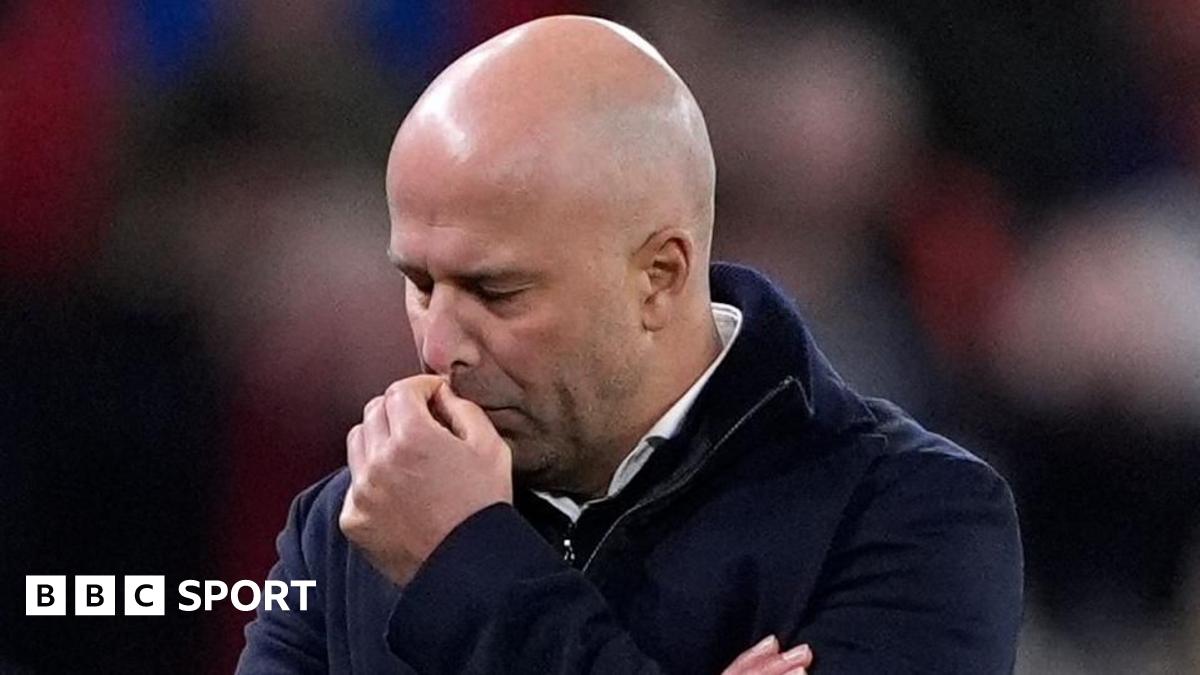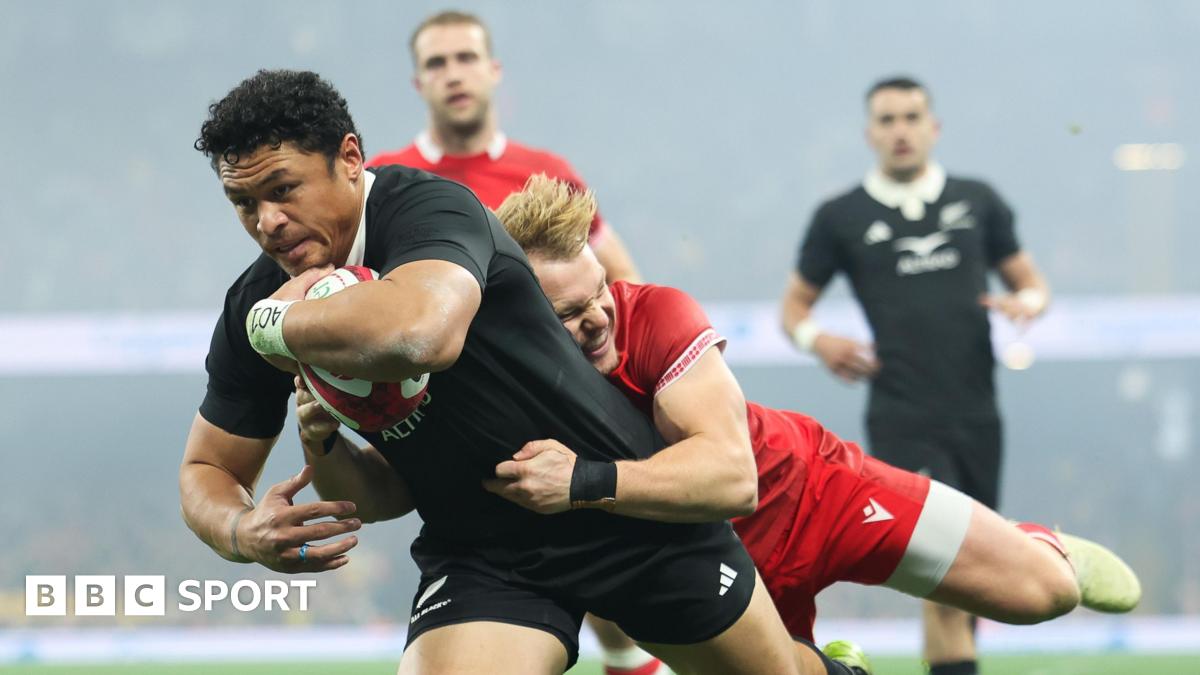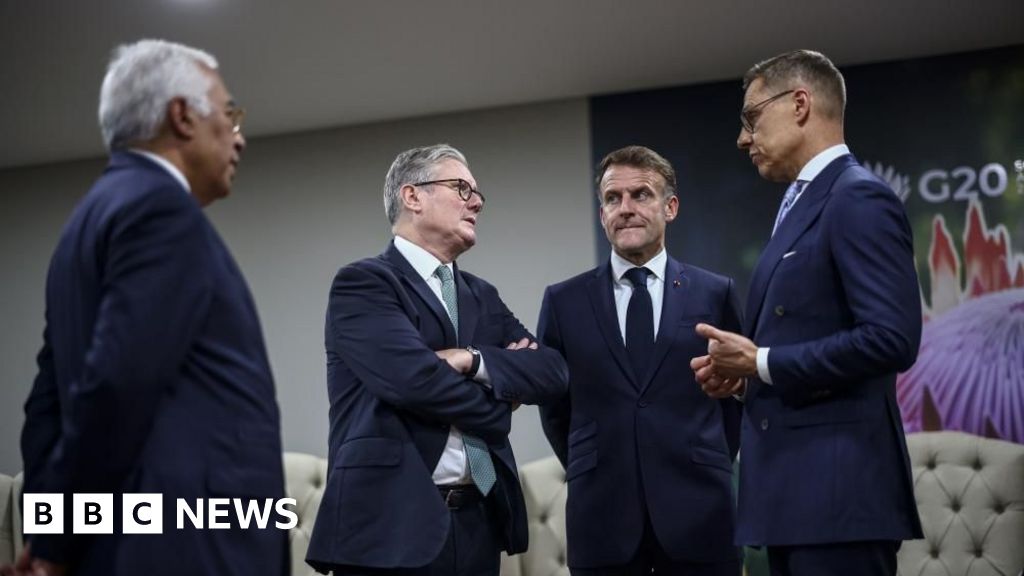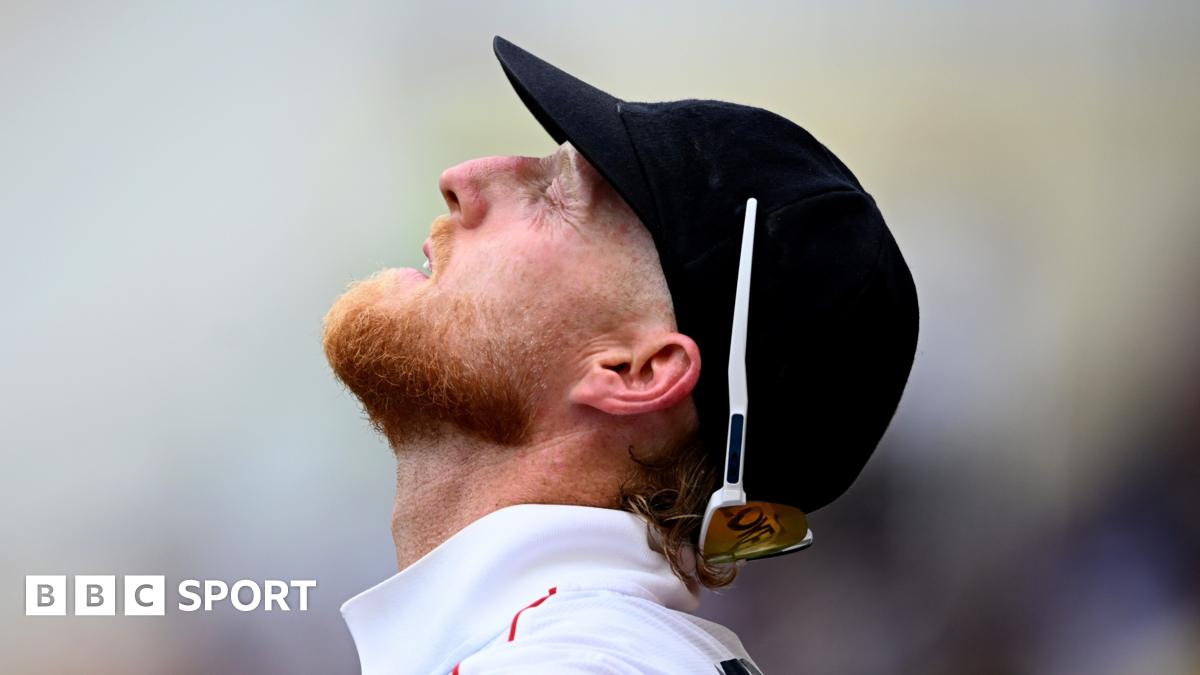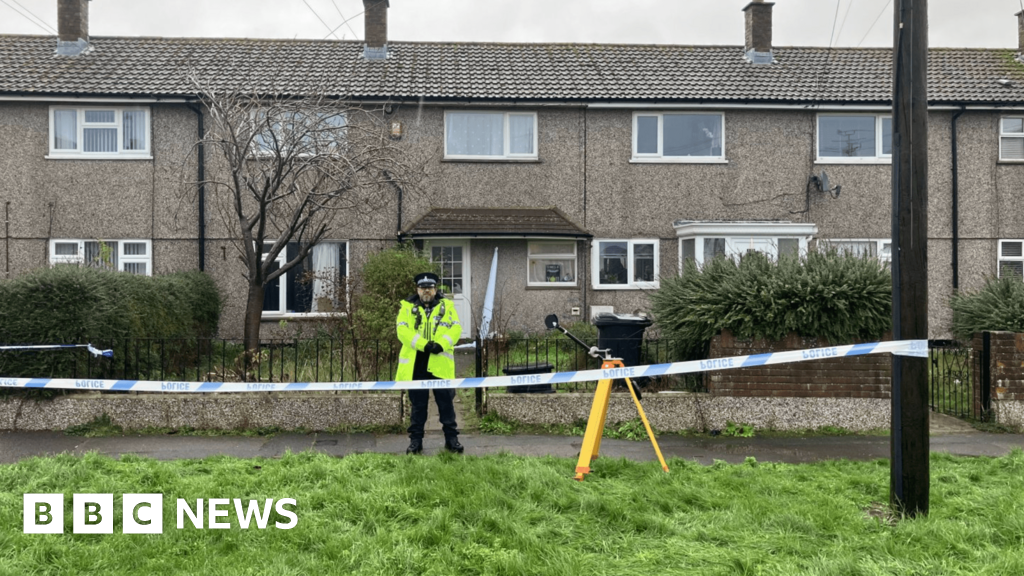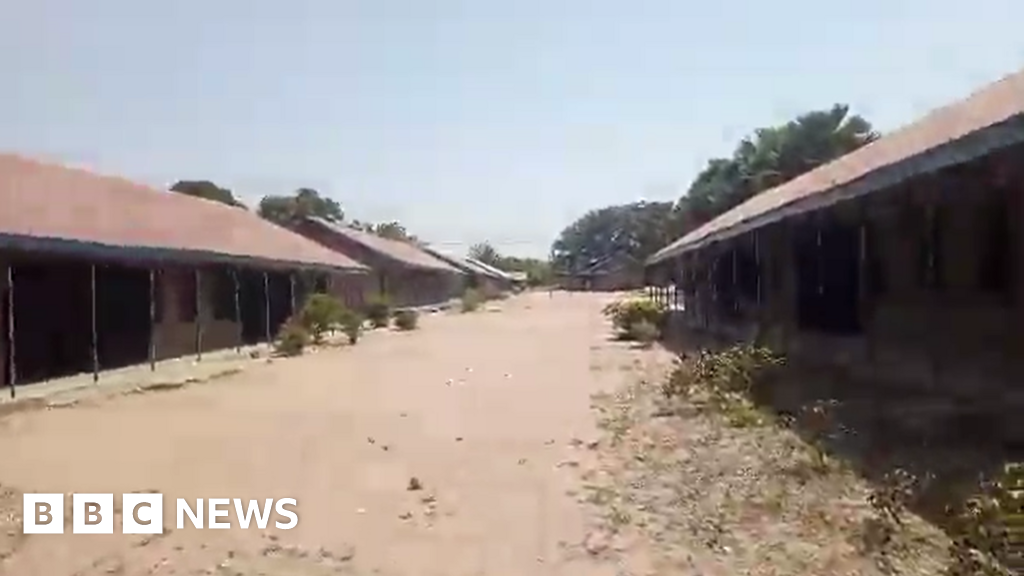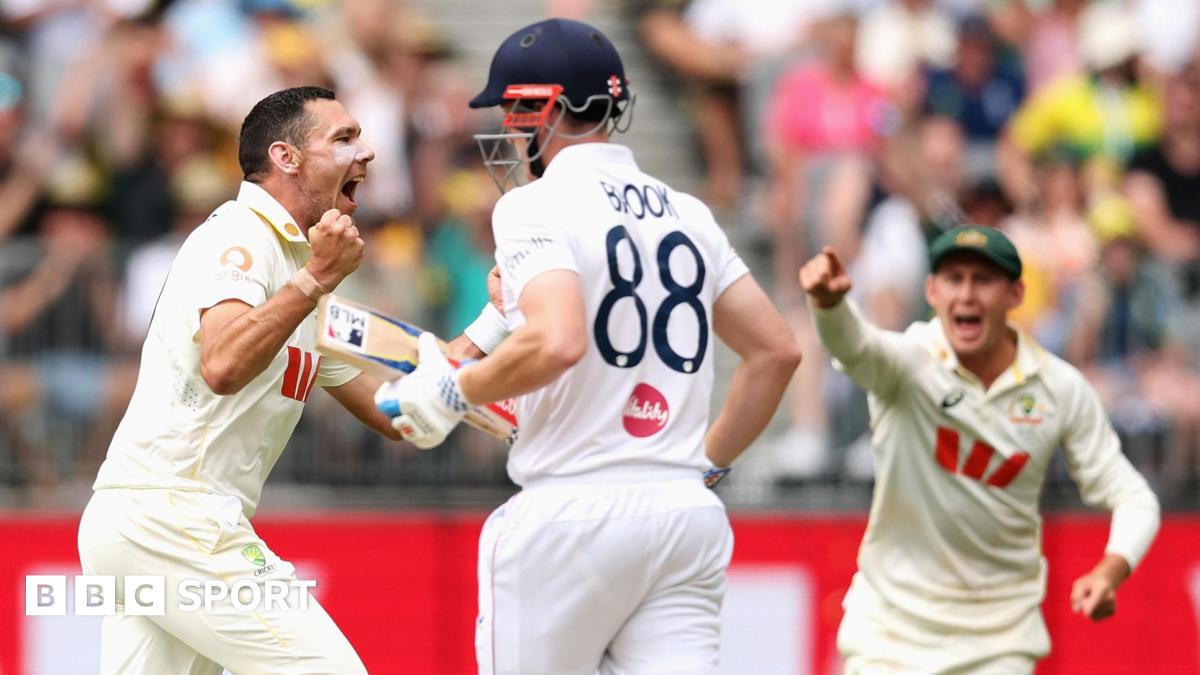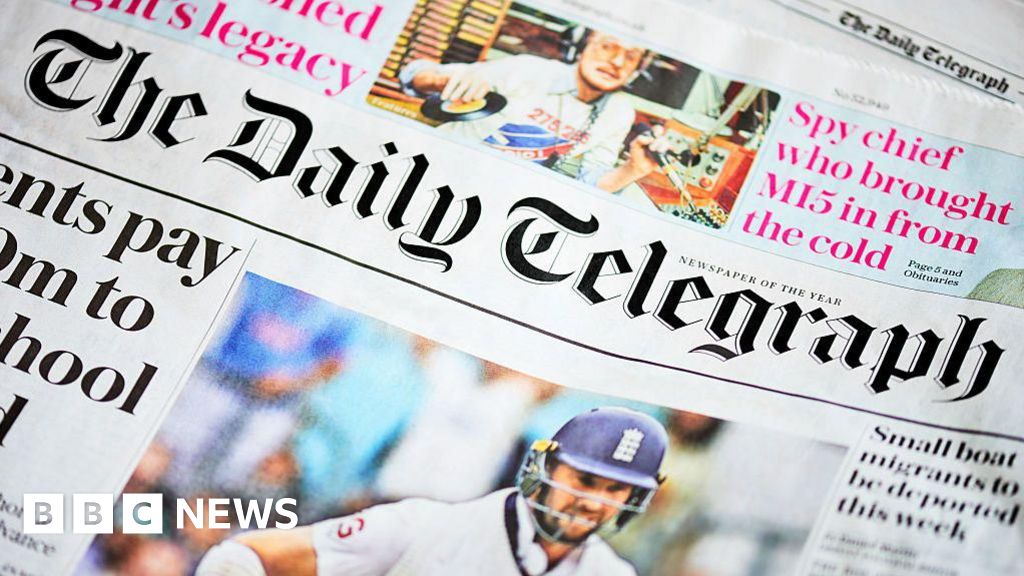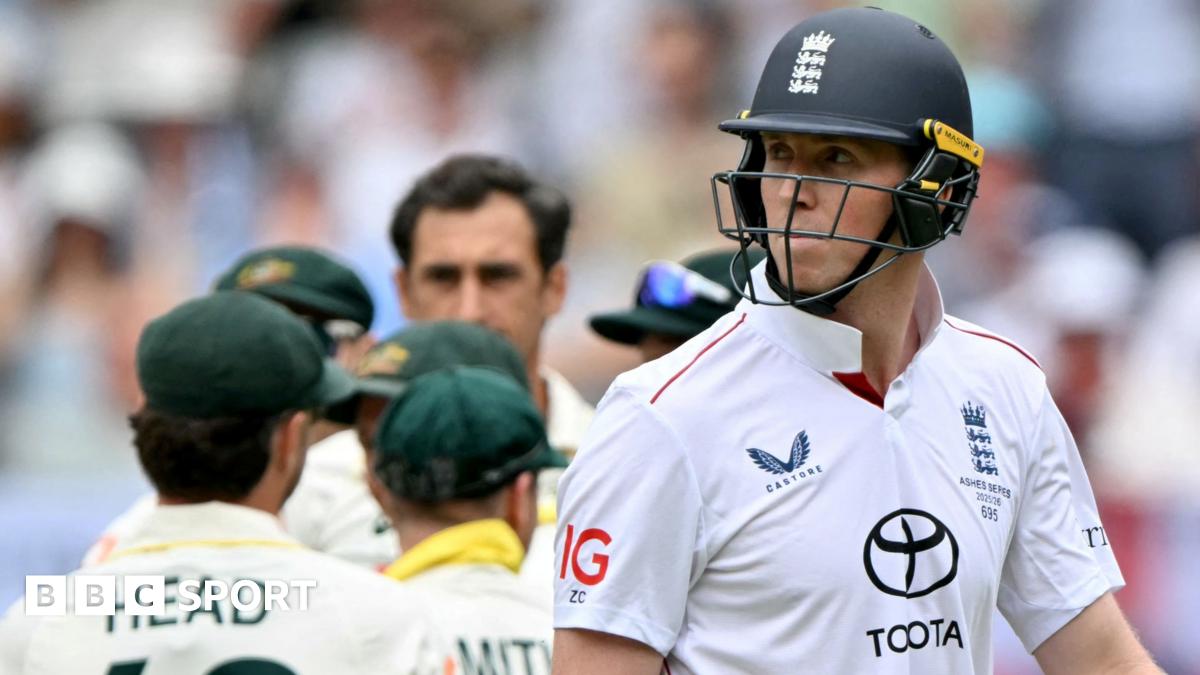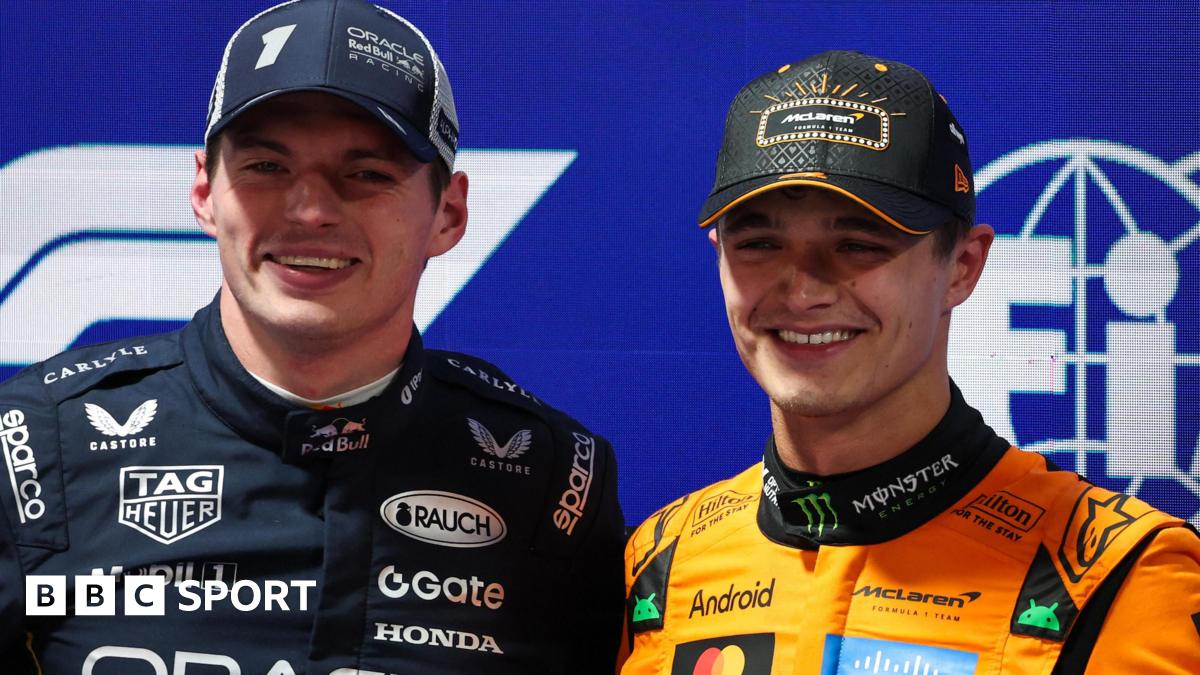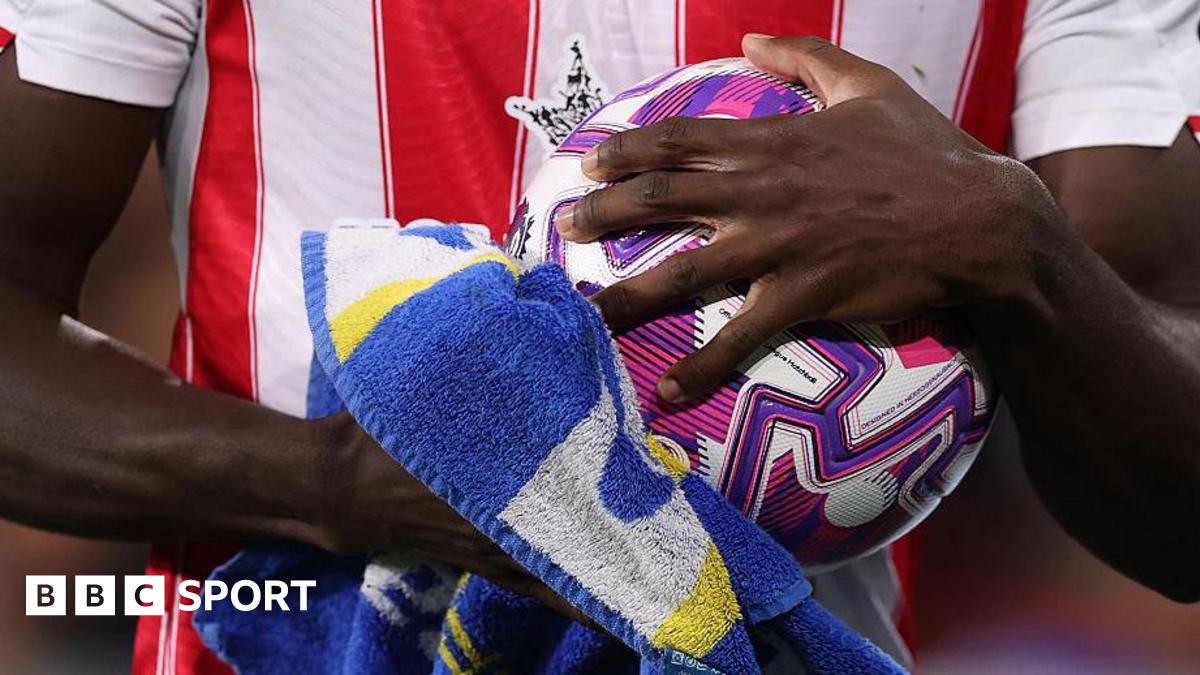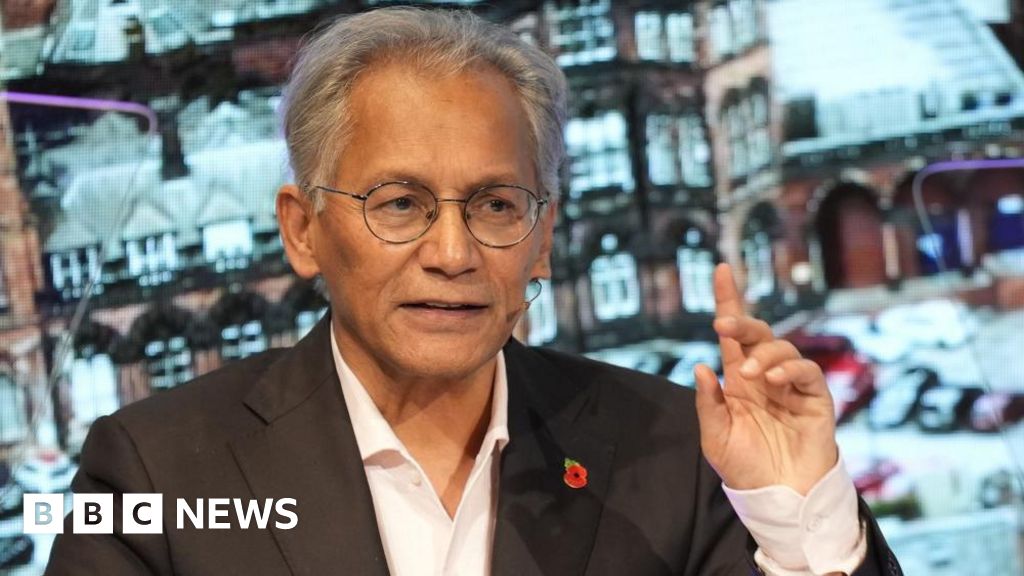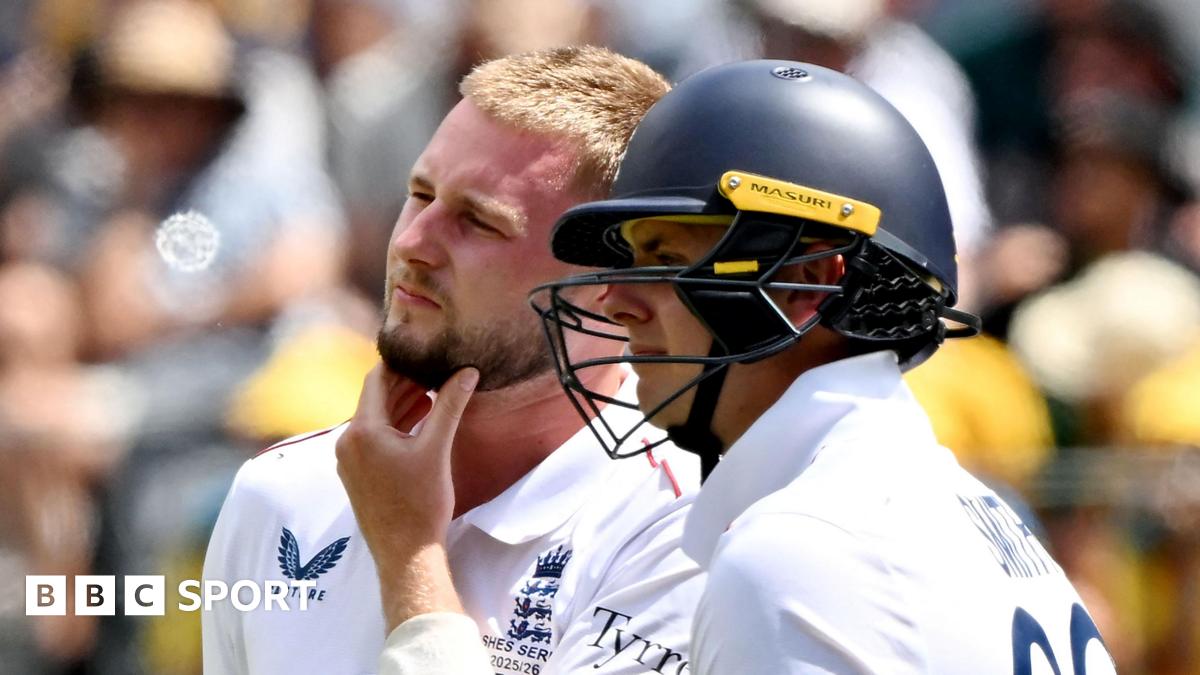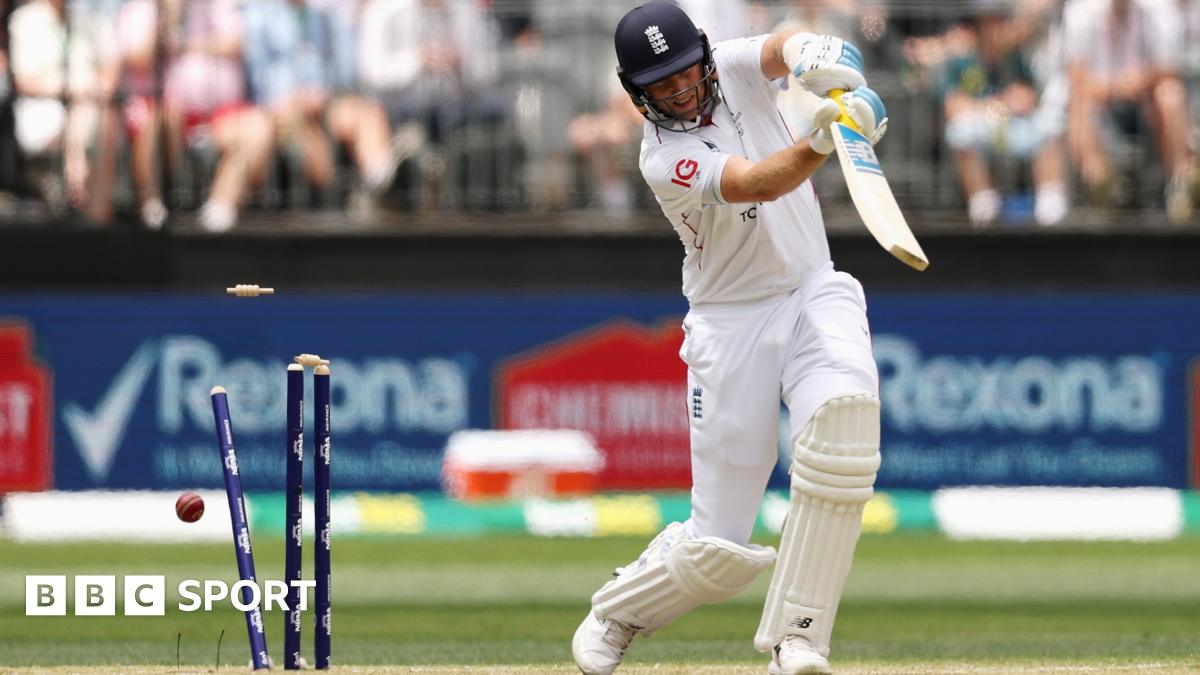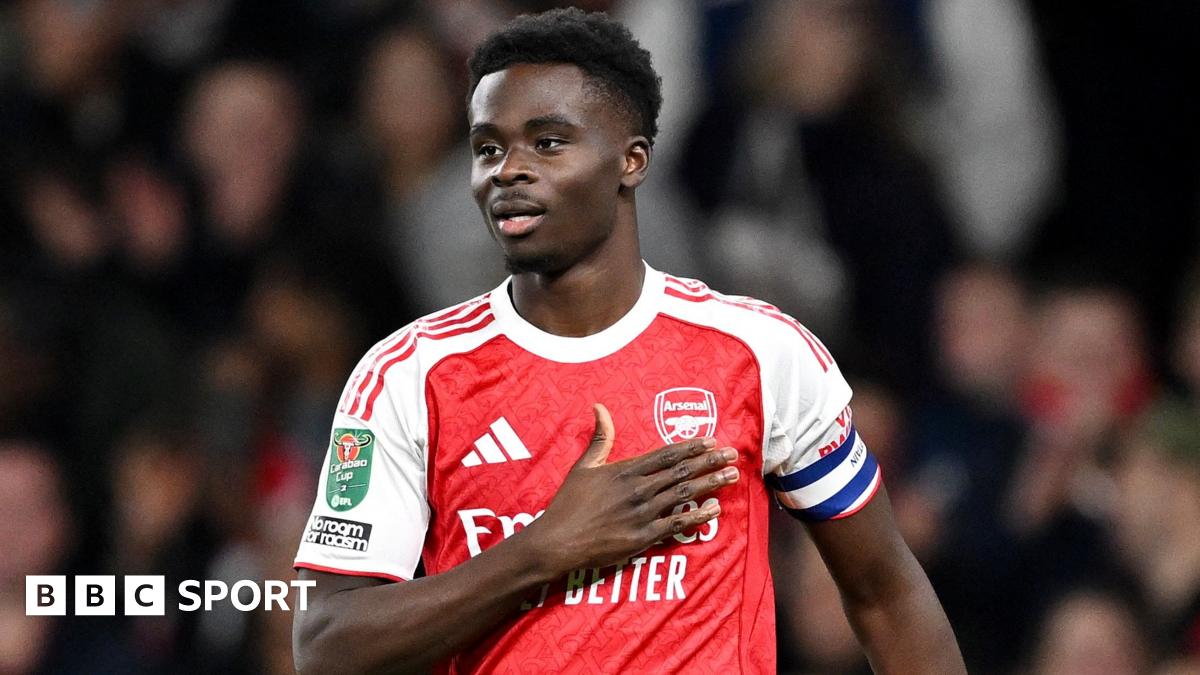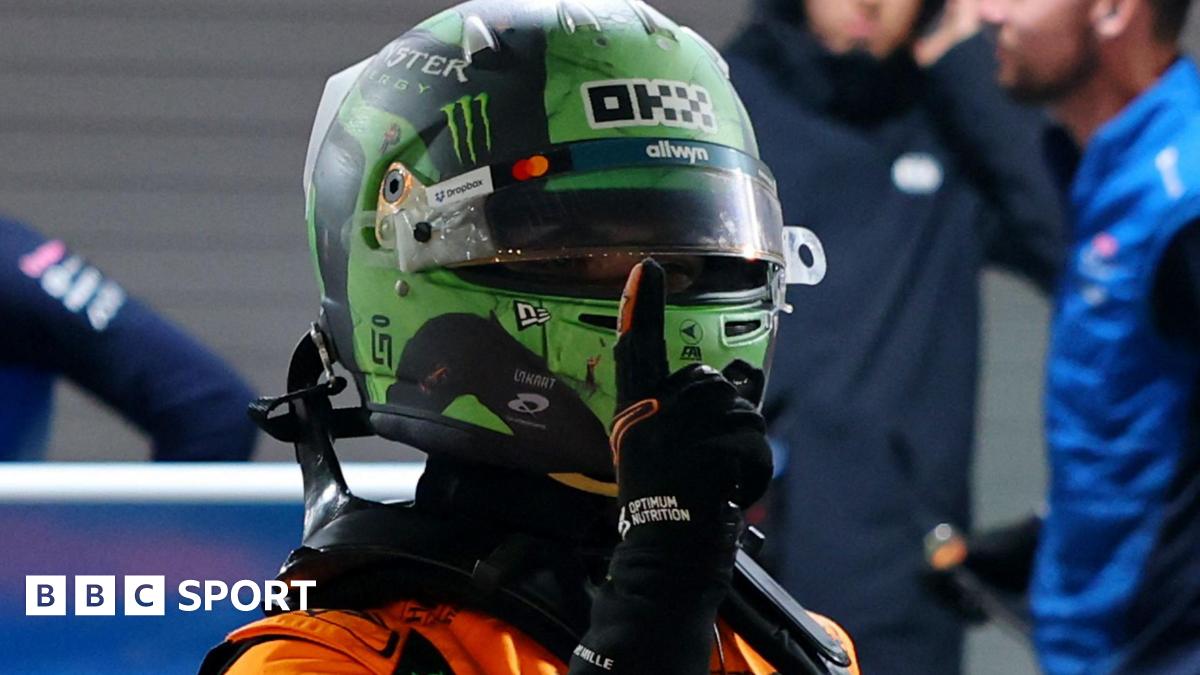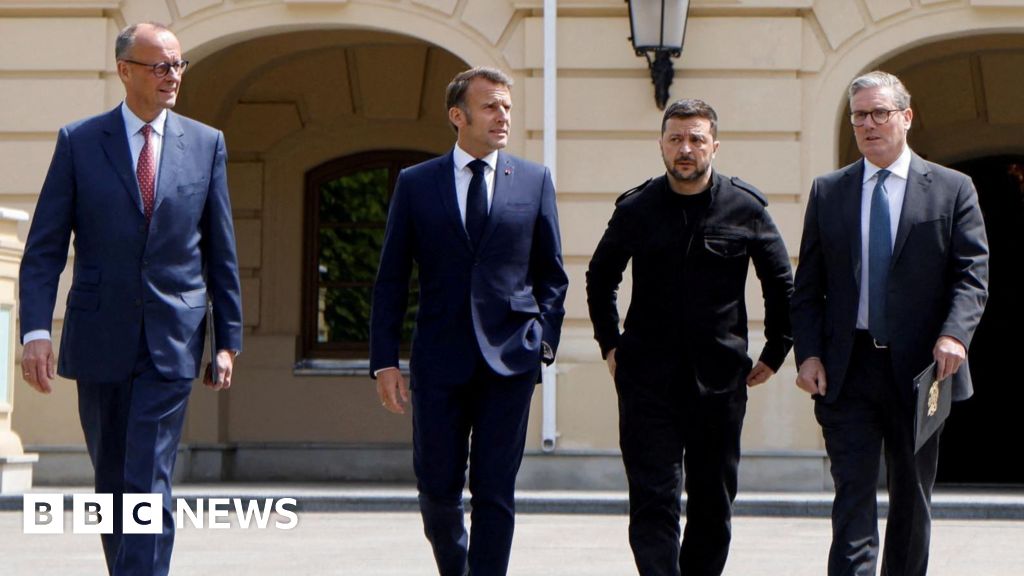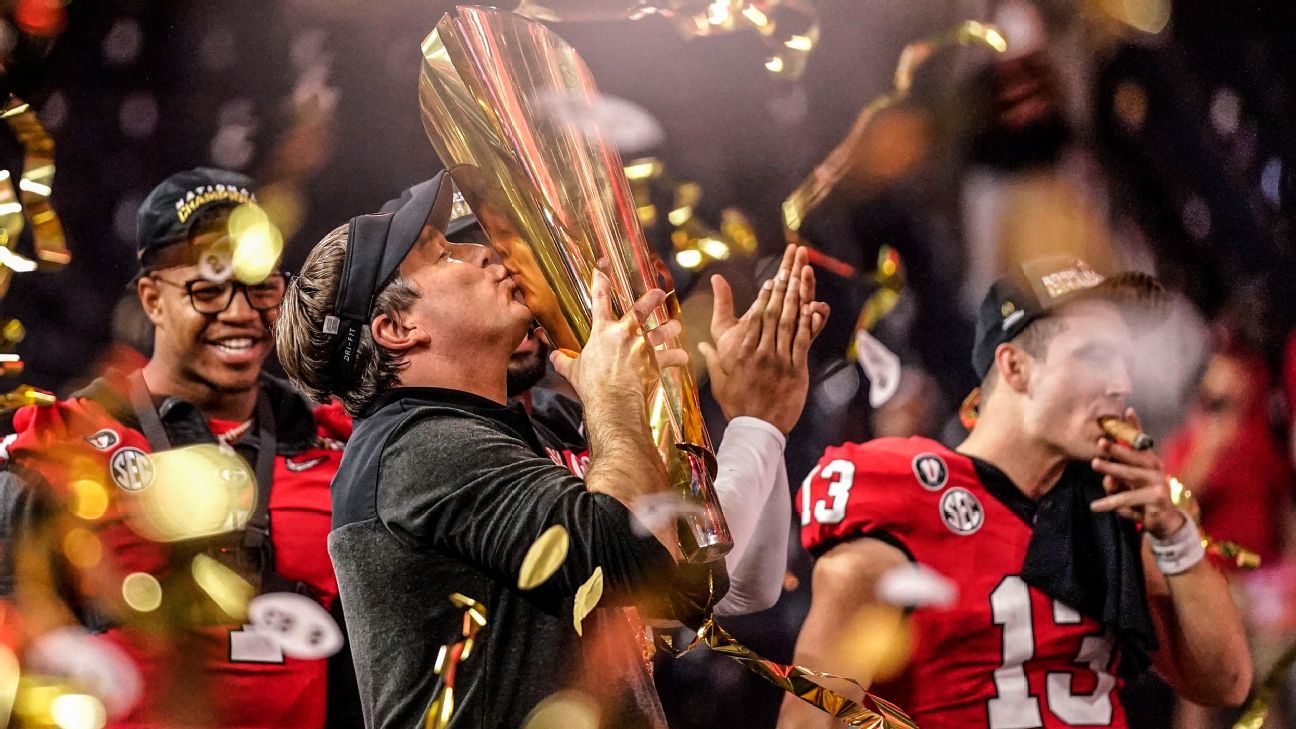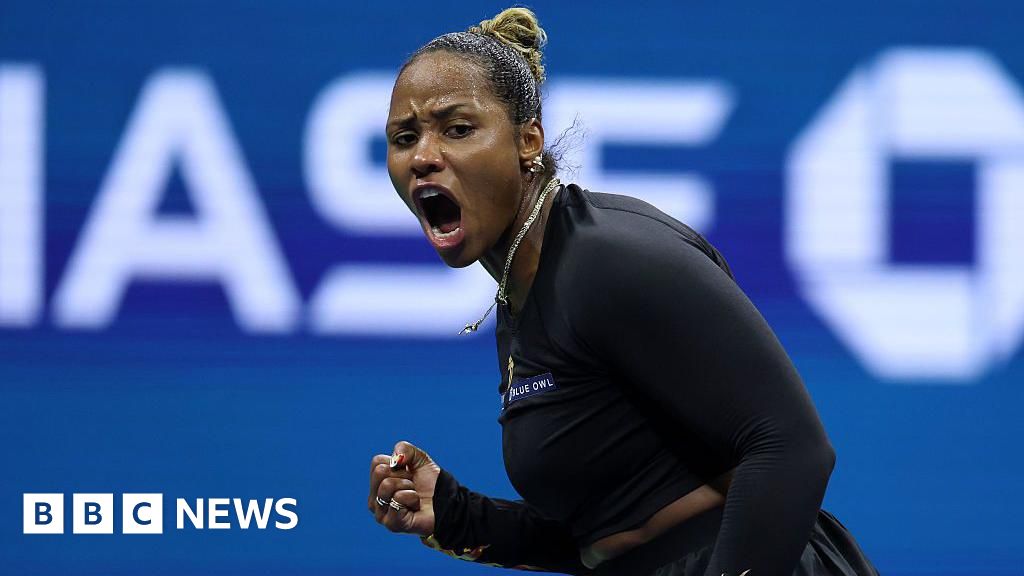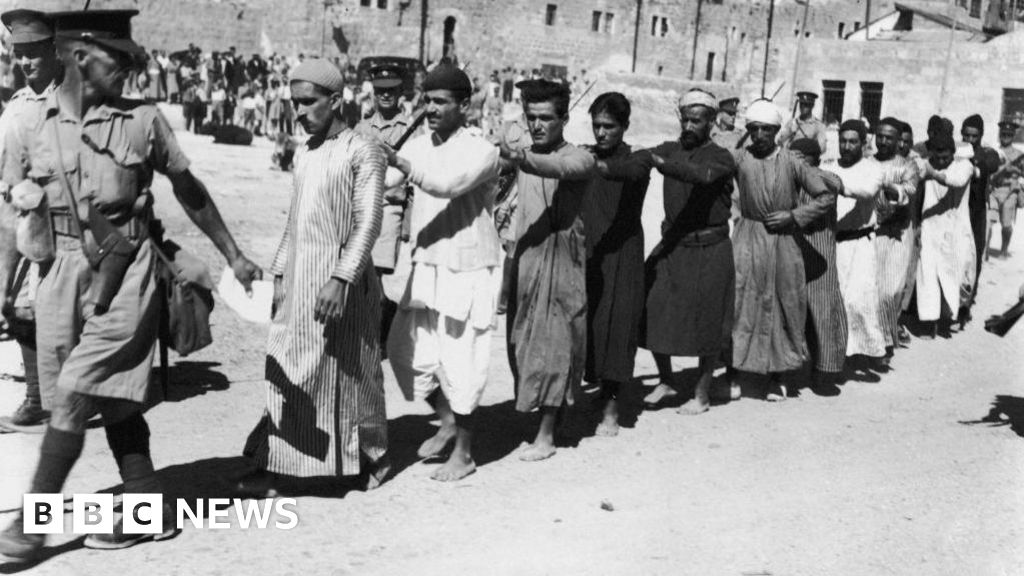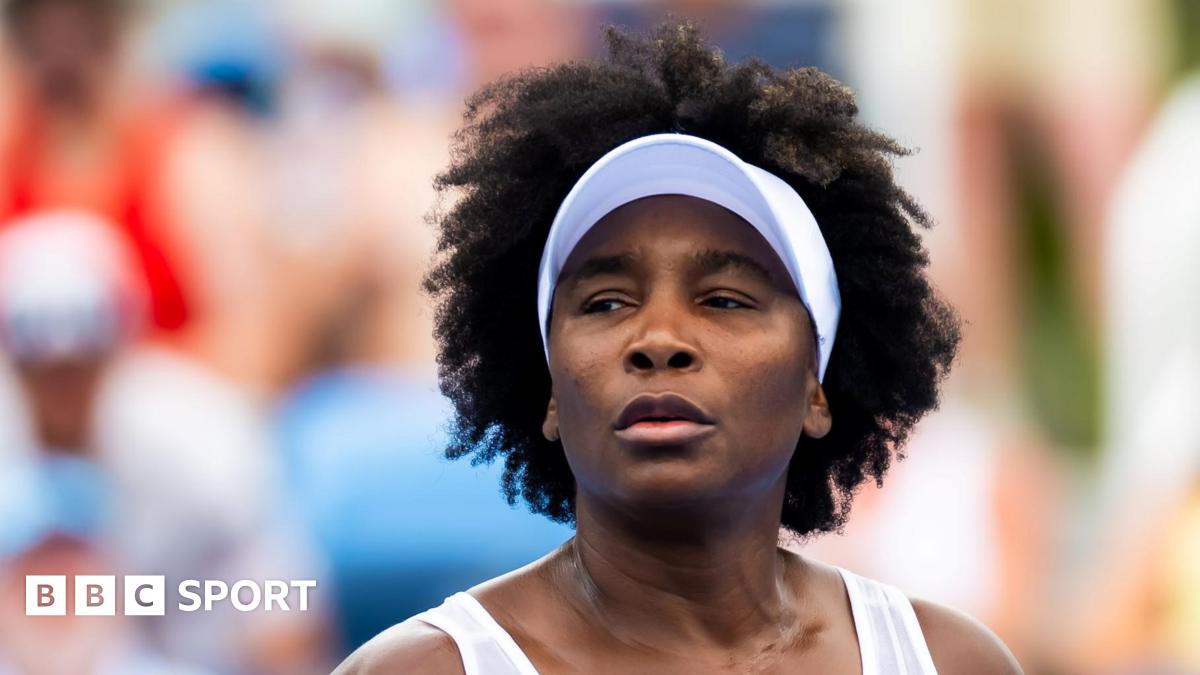'We are going hiking' - Guardiola on Arsenal preparation
By
Manchester City reporter
Manchester City have negotiated a testing week with distinction so far, but their tricky spell comes to a head on Sunday with a tough trip to Premier League title rivals Arsenal.
Pep Guardiola's side travel to the Emirates having beaten Manchester United last weekend before beginning their Champions League campaign with victory over 10-man Napoli.
But City will be kicking off against Mikel Arteta's side barely 66 hours after the referee blew for full-time in their European contest, giving them only two full days to recover and work tactically on the game.
"We are going to [go] hiking in the mountains," joked Guardiola. "We are going to do that these two days."
He added: "I don't know, Friday recovery. The players have a lot of injuries but rest, rest, rest and [recover] the energy for Sunday."
In January, Guardiola said English teams are at a disadvantage in Europe because of Premier League scheduling as they always put "the toughest schedules for the European teams in the important stages".
But on this occasion, the Spaniard refused to be drawn into a discussion about whether City had spoken to the Premier League or Uefa about the scheduling, saying: "Don't go for that side, it is not necessary."
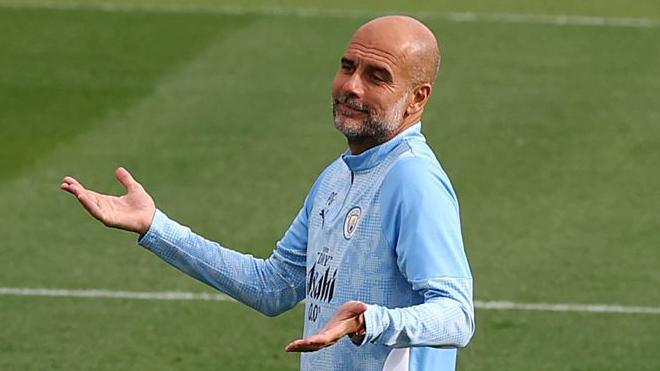 Image source, Getty Images
Image source, Getty Images
Pep Guardiola joked that Manchester City should take a hike before their game at Arsenal
Does less recovery time bring down quality?
Though Guardiola didn't say it publicly, he would have a case for grumbling about the scheduling for their next game.
Arsenal began their Champions League campaign with victory at Athletic Club on Tuesday, a match that kicked off at 17:45 BST while City's match against Antonio Conte's Napoli kicked off at 20:00 on the Thursday.
This gives the Gunners two extra full days of extra rest and preparation for a vital game.
However, the data for a short turnaround makes for surprising reading.
Looking at the past five seasons, both City and Arsenal actually perform better two days after playing in Europe, compared to four days after.
For City in particular, the lack of recovery time and preparation between a Champions League game and Premier League one appears to work in their favour.
With only two days' rest, their past 15 league results stretching back to October 2020 shows - remarkably - they have not lost a single game, winning 11 and drawing the other four.
Physiotherapist Ben Warburton, brother of Wales rugby union legend Sam, says players who have more metres to cover, such as central midfielders, tend to sustain calf injuries while pacy full-backs and wingers, who are doing more sprints, will suffer hamstring problems.
"It is shown in studies that you need 48 - if not 72 hours - to recover from high intensity exercise," Warburton told BBC Sport. "So when you play say on Tuesday and then Saturday, you just don't have time to get quality gym work in.
"It's so important, especially in football with the amount of sprint metres they do and the amount of volume they cover, that players have strong and durable muscles. But of course, you can't really work in the gym if you're playing twice a week.
"When you're playing with less preparation time, you don't get the quality work you need to get in the gym needed to make muscles conditioned enough for all the high intensity work and hence you get soft tissue injuries.
"If you're playing that much football in a week and you're going to train maybe once or twice as well, then unless you're really well conditioned you're not going to be able to repetitively run at those volumes of speeds because the body is just not able to tolerate it."
Arteta an 'extraordinary manager'
City head back to the Emirates after being hammered 5-1 on their previous visit in February, when they conceded three goals in the last half hour which Guardiola described as a "disaster".
Arsenal have finished runners-up in the league in each of the past three seasons and have spent nearly £1bn on new signings under Arteta, including £250m this summer, in a bid to go one further.
Arteta worked as a coach under Guardiola for three years before being appointed Arsenal manager in 2019.
"Hopefully this season we can make a little bit more [of a] challenge because Mikel is an extraordinary manager," said Guardiola.
"They increase the squad for this four or five transfer windows. So it is an unbelievable squad and an unbelievable team.
"It is one of the toughest opponents you can find now in Europe and... I want to be a better team than we were last season, especially in the last 20-25 minutes."
'Every hour matters in Premier League'
ByUmir Irfan
Football tactics correspondent
The short turnaround between games isn't only an issue of recovery, but preparing for matches tactically becomes a greater challenge. How tactical preparation and analysis is managed varies each game week and depends on the club, especially with the variety in kick-off times.
To counteract the unpredictable schedule, top clubs have employed multiple analysts in similar roles to divide the load. For example, using analyst A to cover games one, three and five and analyst B for games two, four and six.
Given the sheer detail required at the highest level, top clubs have been known to have two analysts work on an opponent with one responsible for in-possession analysis and the other strictly focused on out-of-possession findings. Set-pieces and the rise in their importance now often demand a dedicated coach entirely too.
In the build-up to games, clubs have meetings to communicate their analytical findings with topics ranging from set-pieces, in-possession plan, out-of-possession plans and training reviews. A set schedule for these becomes difficult to find and clubs will fit these in wherever and whenever they can, whether at the training ground, hotel or changing room.
To adapt, clubs often travel with portable screens in flight cases, ensuring their set-up is the same irrespective of which changing room or hotel they hold their meetings in.
With the rigorous schedule, top clubs have become used to having some form of meeting daily and the collaborative nature of the analysis team helps pull the most valuable information together for the players.
With fewer days, it is undoubtedly harder to dedicate adequate time to all of the mentioned aspects of tactical analysis and communicating new tactical ideas in a memorable yet simple way isn't always possible.
Given the fine margins of the Premier League, every hour matters when it comes to getting the better of your opponents.
Additional reporting by Simon Casson and Jordan Butler

 2 months ago
60
2 months ago
60
